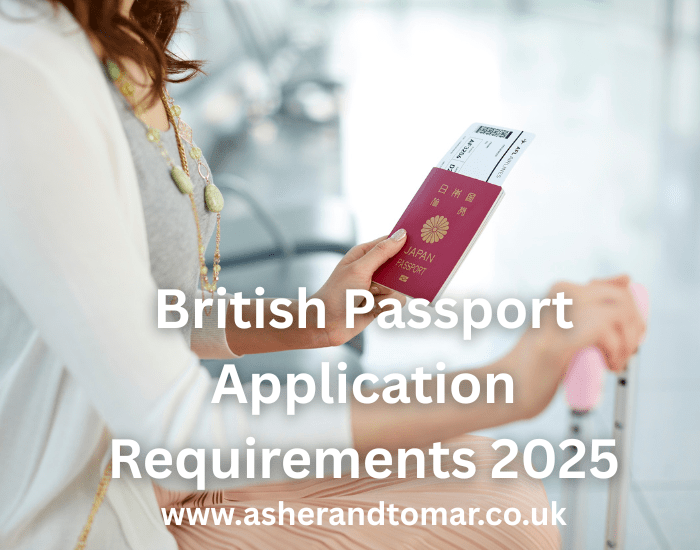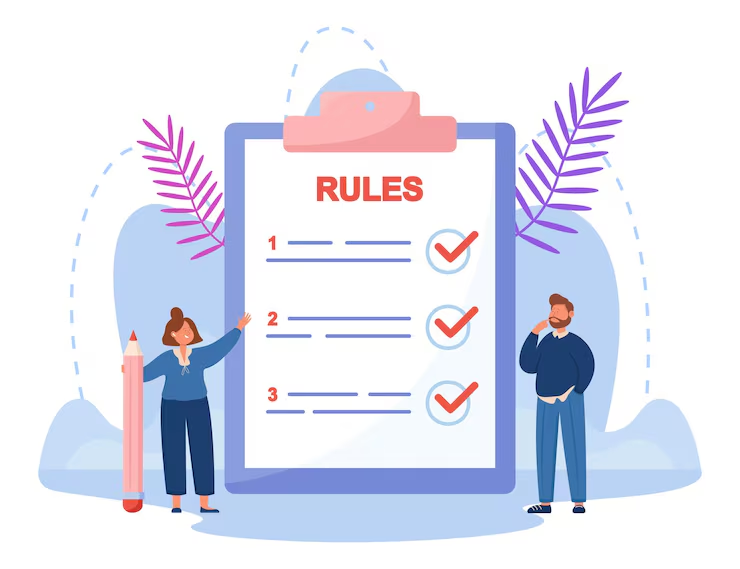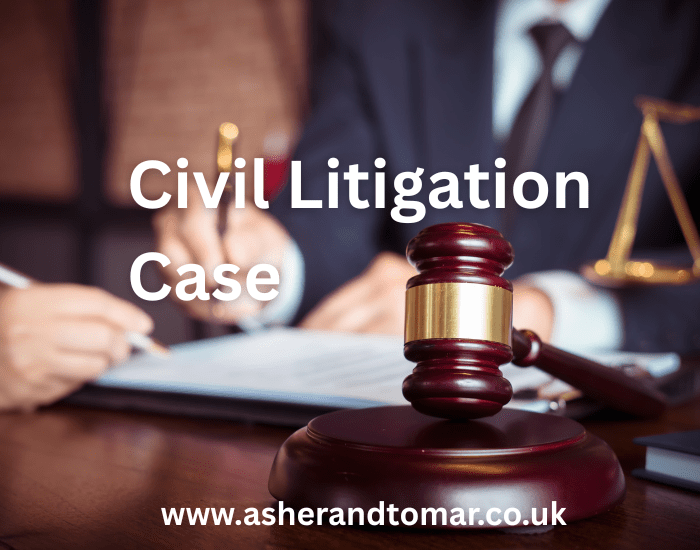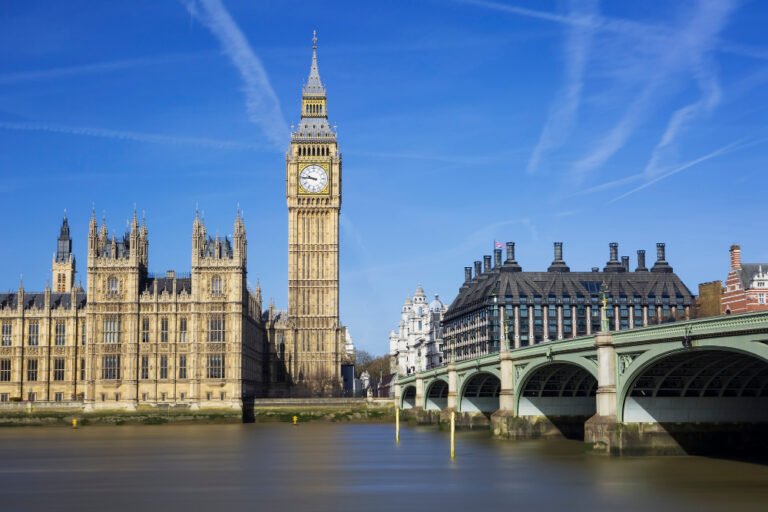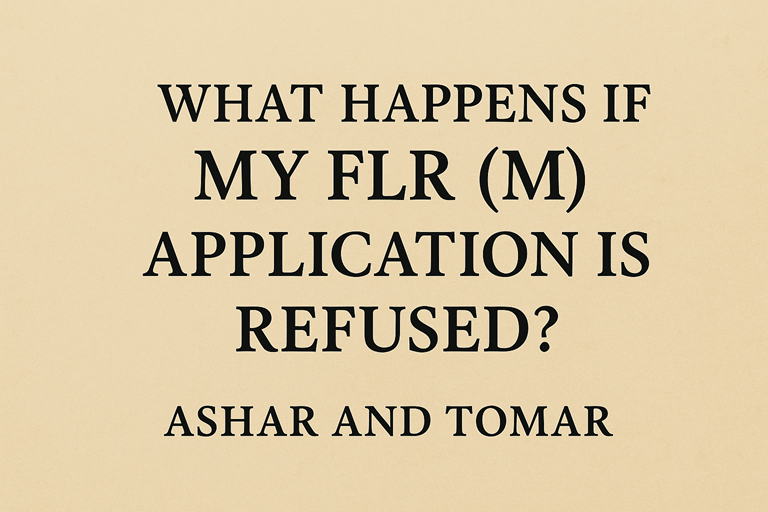In the UK immigration system, FLR (Further Leave to Remain) is a crucial step for individuals who wish to extend their stay in the country. FLR is often needed for those on temporary visas who are seeking to continue their residence or transition to permanent status. This article provides a comprehensive overview of FLR, including eligibility criteria, the application process, and key considerations.
What is FLR?
FLR, or Further Leave to Remain, is a type of visa extension granted to individuals already residing in the UK on a temporary basis. It allows them to extend their stay for a specified period, often as a precursor to applying for indefinite leave to remain (ILR) or British citizenship. FLR is essential for maintaining legal residency while transitioning from a temporary to a more permanent status.
Types of FLR Applications
There are various types of FLR applications depending on the visa category you are currently in. These include:
- FLR (M) – For Spouses and Partners: If you are in the UK on a spouse or partner visa and wish to extend your stay, you need to apply for FLR (M). This application is vital for those married to British citizens or settled persons and want to continue their stay.
- FLR (O) – For Other Categories: FLR (O) covers various other visa categories, including work visas, student visas, and others. Each category has specific requirements and documentation.
- FLR (FP) – For Family Members: This is for individuals who have family members in the UK and wish to extend their stay based on family life or humanitarian grounds.
Eligibility Criteria for FLR
To be eligible for FLR, you must meet specific requirements based on your visa category. Generally, eligibility criteria include:
- Current Visa Status: You must be currently in the UK on a valid visa that allows for an extension.
- Residency Requirements: You need to show that you have been complying with the conditions of your current visa.
- Financial Requirements: Demonstrating sufficient financial means to support yourself and any dependents is essential.
- English Language Proficiency: Depending on your visa category, you may need to prove your English language ability.
- Knowledge of Life in the UK: For certain visa categories, you may need to pass the Life in the UK Test.
How to Apply for FLR
Applying for FLR involves several steps. Here’s a general outline of the process:
- Gather Required Documents: Collect all necessary documents, including your passport, current visa, proof of financial means, and any additional documents specific to your visa category.
- Complete the Application Form: Fill out the appropriate application form for FLR. Forms can be found on the UK government website or obtained through a legal advisor.
- Pay the Application Fee: There is a fee associated with FLR applications, which varies depending on the type of extension you are applying for.
- Submit Your Application: Submit your completed application form and supporting documents online or by post, depending on the instructions provided.
- Attend an Appointment: You may be required to attend a biometric appointment to provide your fingerprints and photograph.
- Await a Decision: Once your application is submitted, it will be reviewed by the Home Office. You will receive a decision in due course.
Key Considerations
- Application Timing: Apply for FLR before your current visa expires to avoid any gaps in your legal status.
- Legal Advice: Consider seeking advice from immigration specialists or legal advisors to ensure that your application is completed correctly and all requirements are met.
- Document Accuracy: Ensure that all documents are accurate and up-to-date to prevent delays or issues with your application.
Benefits of FLR
Successfully obtaining FLR provides several benefits:
- Extended Stay: Allows you to remain in the UK for a further period, giving you time to transition to a more permanent residency status.
- Pathway to ILR: FLR is often a stepping stone towards applying for indefinite leave to remain (ILR) or British citizenship.
- Family Unity: For family-related FLR applications, it helps maintain family unity by allowing you to stay with your family members in the UK.
Conclusion
FLR (Further Leave to Remain) is a vital component of the UK immigration process for those wishing to extend their stay. Understanding the requirements, application process, and benefits is crucial for a successful application. For more detailed guidance and assistance, Asher and Tomar offer expert advice on navigating the complexities of FLR and other immigration matters.



